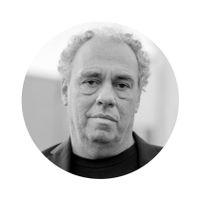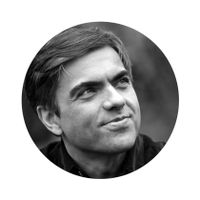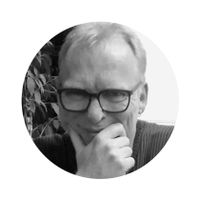An ocean of music can sink into one Lied. Sabine Bergk
Welcome to “Lied can Fly”, one of the first podcasts for contemporary art song worldwide. Nothing can touch our heart as deeply and intensely as a lied. It is a tiny art form, but it can easily travel through centuries.
I am deeply convinced about the importance of lied to our cultural conscience, to our well-being and mental health. A lied is like a tear, but it can be the drop that unfolds the ocean inside.
This podcast is created to bring special people together. It is also created to show that classical songwriting exists.
I believe that lied is important in a world of uncertainty. It can give us hope and be a ray of sunshine for everyday life.
I do not follow any dogmatic new music school. Lied doesn’t need dictatorship. It speaks directly to your heart.
A lied is small, but free.
I hope that you will enjoy my podcast. Let lied fly around the world to find you.
All episodes
No 5
Elsa von Freytag-Loringhoven was one of the most sparkling figures of the New York Dada. She was born in Swinemünde and became friend with Marcel Duchamp, Peggy Guggenheim and Djuna Barnes. Her poems were published next to James Joyce. The composer Snezana Nesic brought her back to life in her art song "Lady Dada of Berlin Kreuzberg". The outstanding Duo Körber-Wong is performing an exceptional work of art.
No 4
How strong is Schumann's influence on contemporary art song? The composer Moritz Eggert and Sabine Bergk talk about the Schumann phenomena, trying to dive deeply into his complexity and his endless inventions. Moritz assumes that Schumann is the beginning of modern music.
No 3
A love poem, a prayer, en empty space in the air - the composer Sidney Corbett and Sabine Bergk talk about complexity and clarity, loneliness, collaborations and the deep devotion to music. The poem "Malika" is by the Austrian poet Christoph W. Bauer.
No 2
Friendship and music are based on time. The composer Alexander Keuk and poet Sabine Bergk talk about the development of art, crossing ways in life and their song cycle about a tired but timeless sun.
No 1
If life was a white garden, every blossom in it would be like a blanc piece of paper. Poet and podcaster Sabine Bergk and composer Moritz Eggert talk about contemporary Lied production as a steady part of their life. Their mutual Lied "The White Garden", written for bassoon and voice, was initially thought as a birthday present for a friend. While Sabine has never seen the white garden of Vita Sackville-West she indicated in the poem, Moritz visited it.
Guests



